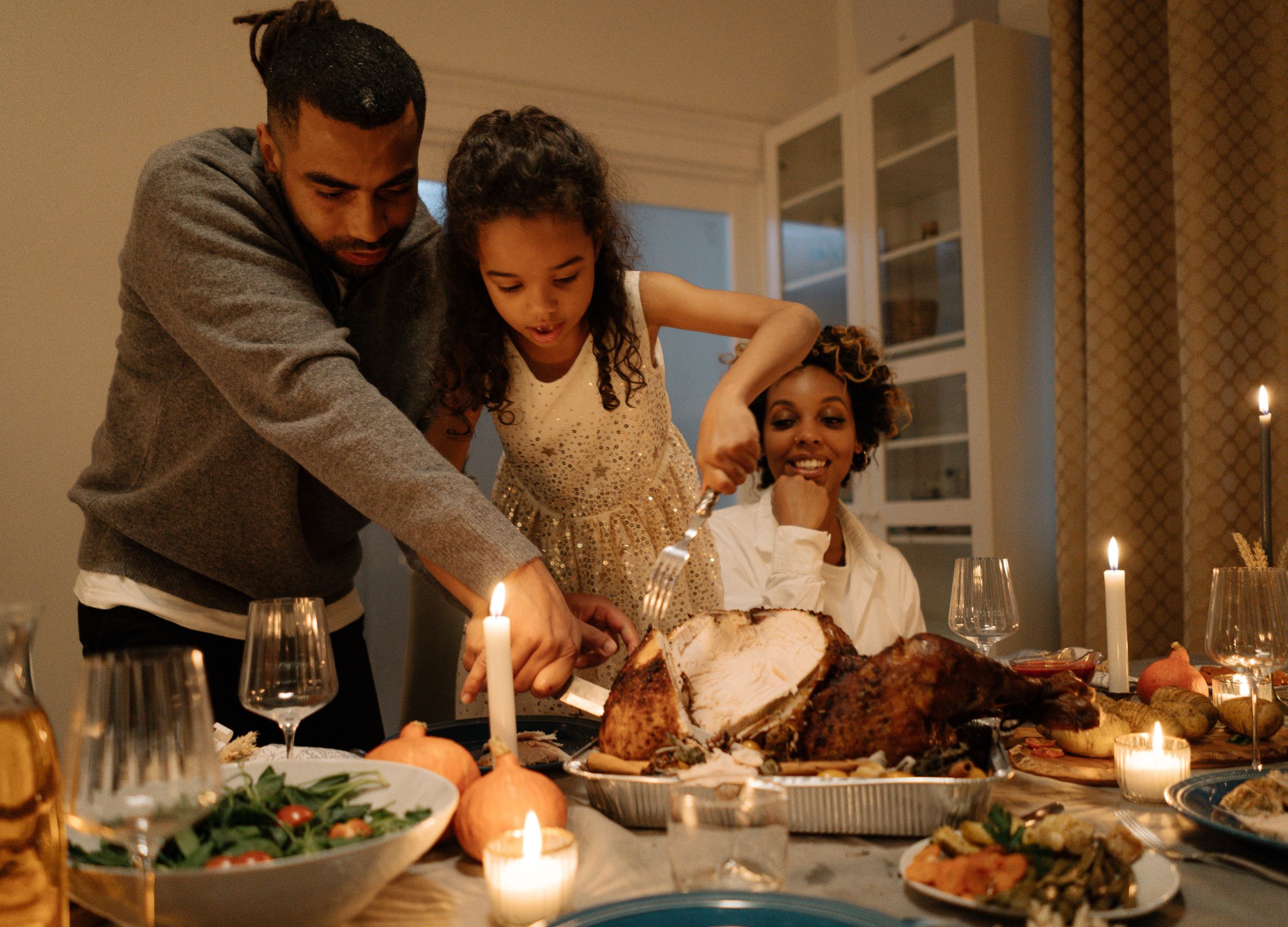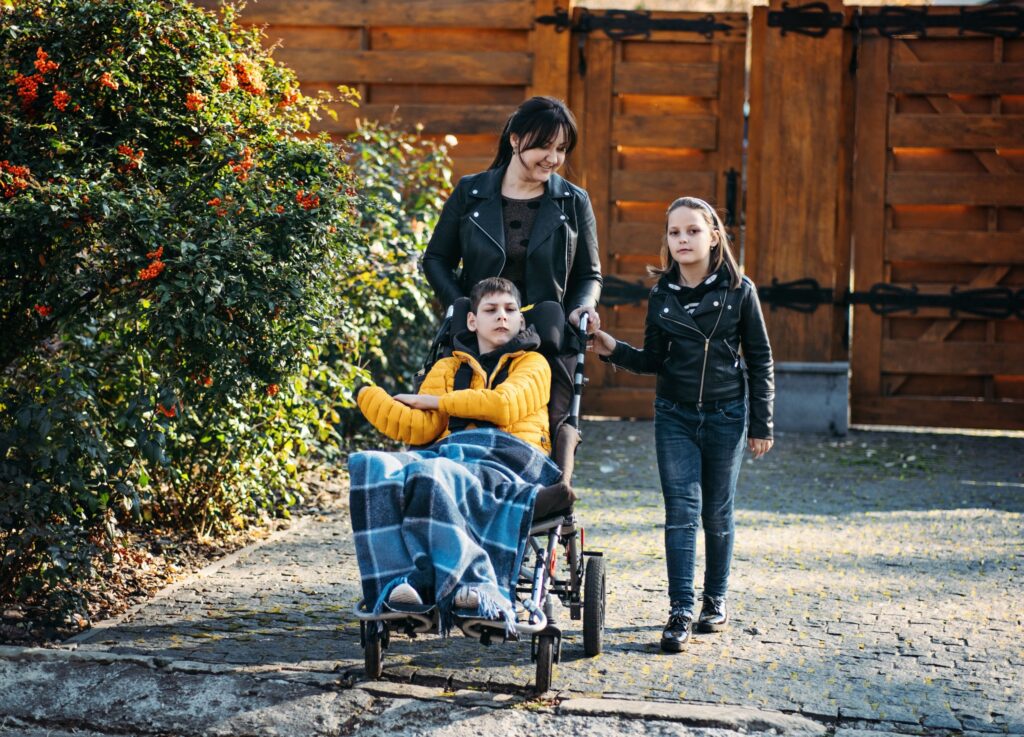As the holidays approach, many families are busy planning menus, coordinating travel, hitting those holiday bucket list activities, baking treats for friends and neighbors, and preparing for a big feast. While these are important traditions, these cherished holidays offer something even more valuable—a perfect opportunity to think about, discuss, and preserve your family’s legacy.
In this article, you’ll discover practical ways to capture family stories during your holiday gatherings, start meaningful legacy conversations without awkwardness, and transform these precious moments into a comprehensive Life & Legacy Plan that protects your family’s values and assets for future generations. This year, consider using your holiday gatherings as a springboard for the meaningful conversations that can shape your family’s future.
The Heart of Legacy Planning: More Than Just Money
When most people think about legacy planning, they often focus solely on financial assets. But proper legacy planning encompasses much more. It’s about preserving your family’s stories, values, traditions, and the wisdom gained through generations. After working with families to support them with their estate planning and being there at the end of life, I’ve learned that these are the things that matter most. Values, insights, stories, experiences, and sentimental items are almost always more important to families than financial assets, though money also matters.
Those moments around the holiday table, sharing old family recipes, telling stories about ancestors, or discussing what matters most to your family are the building blocks of a meaningful legacy. The holidays, with their focus on gratitude and family togetherness, provide an ideal setting to explore these more profound aspects of your legacy.
Using Holiday Gatherings to Plan for the Future
With some planning, the holidays can be a great time to discuss the future. These conversations don’t have to be formal or heavy—they can emerge naturally from your holiday interactions:
Talk About Family Values: When expressing gratitude, encourage family members to share what they value most about being part of the family. These discussions inform how you structure your estate plan to reflect and perpetuate these values.
Discuss Family Philanthropy: If giving back is essential to your family, use this time to talk about causes that matter to everyone. This can lead to meaningful discussions about charitable giving and how to incorporate it into your legacy plan.
Addressing Family Dynamics during holiday gatherings can often reveal important insights to consider in estate planning. Who are the peacemakers? Who might need additional support? Understanding these dynamics can help you create a plan that promotes family harmony rather than conflict. By openly discussing these dynamics, you can ensure that everyone’s needs and concerns are considered, potentially reducing the risk of future family disputes.
Bring Up Your Planning: If you’ve recently completed your estate planning process or plan to before the end of the year or early next year, this is a great time to bring up your plans. Consider saying: “Because I want to make sure that everything is as easy as it can be for you all if something happens to me, I’m doing/did a kind of estate planning called Life & Legacy Planning, and I’d love to share about it with you because you’ll all be impacted. Are you open to having a conversation about that and what we all want to happen for ourselves if we become incapacitated or when we die?”
Understanding your family’s values, philanthropic interests, and dynamics isn’t just about having pleasant conversations—it’s about gathering crucial information to help you create a Life & Legacy Plan that genuinely serves your family and preserves harmony for future generations.
Capturing Your Family’s Story
The holidays are a time for storytelling, a chance to share and preserve the precious memories and important family history that often emerge when families gather and reminisce. This joyful act of capturing family stories not only connects us to our past but also strengthens our bonds for the future. Here are some ways to make these moments even more special:
Record Your Family’s Food Heritage: That special stuffing recipe from your grandmother isn’t just about ingredients—it’s about family history. Document not just the recipe but the story behind it. Why is it important? How has it been adapted over generations? Who taught it to whom? If your relative is still alive, ask them to write out the recipe with essential notes. Having something in their handwriting can be very special for the younger generations.
Create a Family Interview Tradition: Designate time after dinner for family interviews. Have younger family members ask older ones about their childhood, important life lessons, or family history. Record these conversations (with permission) using your phone or video camera. It doesn’t have to be complicated.
Share Family Artifacts: Bring out old family photos, letters, or heirlooms. These physical items are not just objects but gateways to our family history and values. They often spark stories and discussions that deepen our appreciation for our family’s journey. Use these moments to explain why certain items are meaningful and what they represent in your family’s legacy.
Making Legacy Planning Part of Your Holiday Tradition
The key to successful legacy planning is making it an ongoing process, not a one-time event. Consider establishing new Thanksgiving traditions that support this goal. Here are a few ideas:
Create a Family Time Capsule: Each year, have family members contribute something meaningful to a time capsule—letters, photos, or small items that represent the year’s important moments.
Start a Family Mission Statement: Work together to create and update a family mission statement that reflects your shared values and goals. This can guide both current decisions and future legacy planning.
Document Family Medical History: While families are together, take time to update your family medical history. This information is crucial for future generations and can inform healthcare decisions.
Remember that legacy planning isn’t a one-time task but an ongoing journey that can be woven into your family’s holiday traditions each year. By incorporating these intentional practices into every holiday gathering, you’re capturing and preserving what matters most and building a stronger foundation for your family’s future. It’s a commitment, a responsibility, and a labor of love that will endure for generations.
How We Help You Create a Lasting Legacy
While holiday conversations are valuable for legacy planning, they’re just the beginning. To protect your family’s legacy and ensure your wishes are fulfilled, you need professional guidance and support to create a comprehensive Life & Legacy Plan. Our Life & Legacy Planning process goes beyond traditional estate planning to capture your assets, values, wisdom, and family story. We help ensure that your conversations around the holiday table become a legacy for future generations.
Take the first step toward preserving your family’s legacy.
Contact us today to get started.
This article is a service of Meyer Law, a Personal Family Lawyer® Firm. We don’t just draft documents; we ensure you make informed and empowered decisions about life and death, for yourself and the people you love. That’s why we offer a Life & Legacy Planning™ Session, during which you will get more financially organized than you’ve ever been before and make all the best choices for the people you love.
The content is sourced from Personal Family Lawyer® for use by Personal Family Lawyer® firms, a source believed to be providing accurate information. This material was created for educational and informational purposes only and is not intended as ERISA, tax, legal, or investment advice. If you are seeking legal advice specific to your needs, such advice services must be obtained on your own separate from this educational material.















